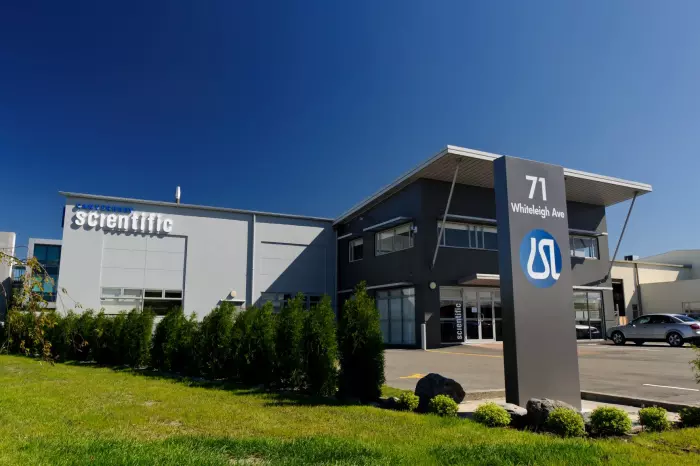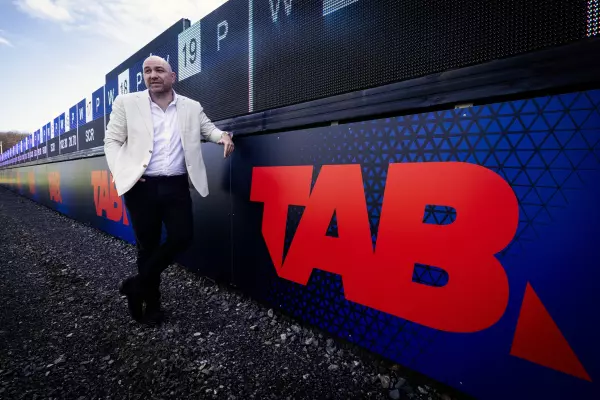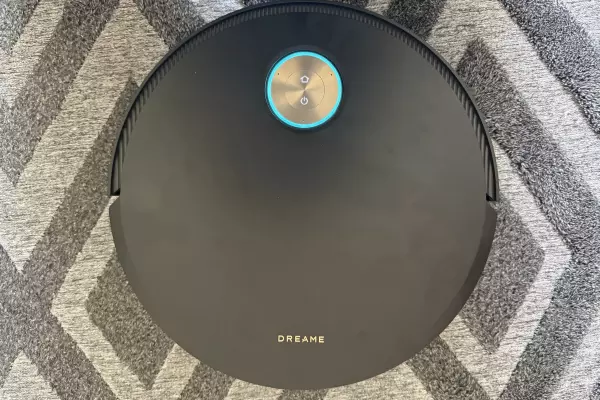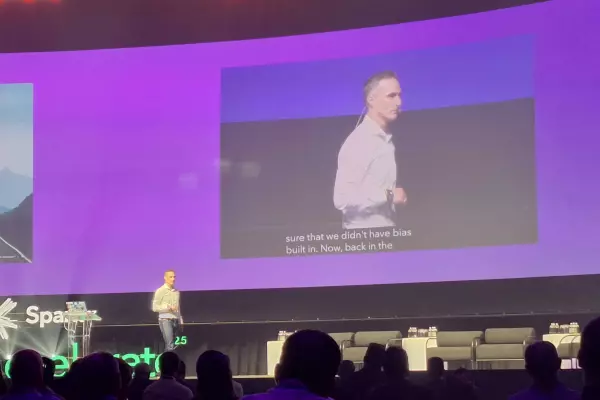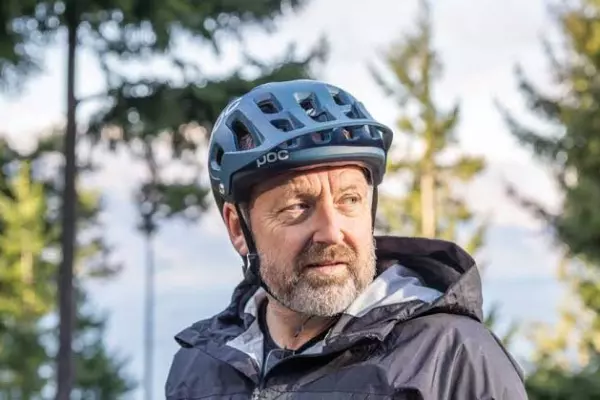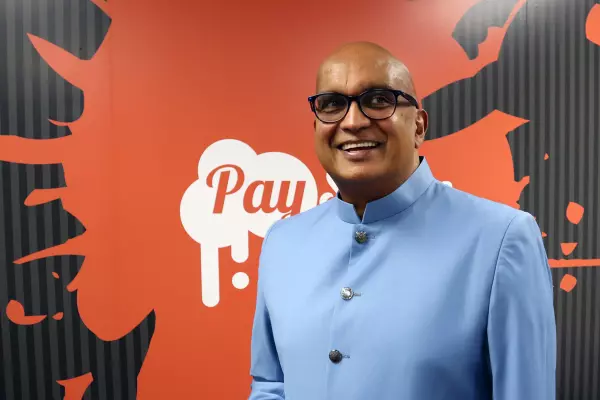Christchurch-based medical technologies manufacturer Canterbury Scientific is reversing a trend and looking to invest in companies in New Zealand and overseas and then bring manufacturing of their products into Aotearoa.
Under its new CS Ventures investment arm, the company took part in a $4 million seed round for Aptatek Biosciences, a company in New Jersey, USA, that was spun out from Columbia University to develop a more efficient method of testing for Phenylketonuria (PKU), an inherited disease that can lead to neurological issues if not properly monitored and managed.
Although the company is not disclosing the size of its investment, the deal comes with the option of bringing the manufacturing of the company’s product into its own facilities in the Canterbury region.
CEO Clive Seymour said the deal represents a new approach for the company where it will leverage its long history in manufacturing medtech products by targeting companies looking for financial investment and production of their products at scale.
“We very much work on the basis that if we could not only invest in these technologies, but actually have the opportunity to raise revenue through manufacturing that product on behalf of that company then, obviously, it's a win-win for us and it's a win-win for them, because they get the product to market faster, because they're not having to find a way to manufacture the product and, at the same time, we have the opportunity to sell that product on the market,” Seymour said.
Niche testing solutions
Canterbury Scientific has been manufacturing and distributing a part that enables glucose testing for diabetics for more than 30 years and has expanded into haemoglobin variant testing, maintaining the level of compliance that is required to supply medical equipment to companies worldwide.
Advancements in digital and medtech are allowing for diagnostics and monitoring to move out of the lab and into the home, increasing the market for more niche testing solutions that may not have been feasible for diseases like PKU, which occurs in fewer than 1 in 24,000 people.
“It's an expensive exercise and it takes anywhere from five to eight days for the data to come back to the patient. Now in a child who's eaten something they shouldn’t, and their brain is being potentially damaged, five days ain't good. It's not good. So, the idea here is you've got a test that can be done by a parent or a caregiver, and as the child grows up, they'll be able to do it for themselves,” Seymour said.
He said that NZ’s history of providing high-quality products, such as lamb and wine, and its international reputation for producing strong science and scientists, make it an ideal place for manufacturing these products, which will also benefit the economy both locally and nationally.
As the company grows its presence, it will need to scale up operations with new facilities and people.
“There's a whole infrastructure around what we do and so you're looking at people being employed, you're looking at companies being subcontracted to provide us componentry. It's not on the billions of dollar scale, but it is evidence that it can be done, hopefully, and that it will be something which is of benefit financially to, in this case, it will be Christchurch, but this could be done anywhere in the country.”
He hinted at more deals for CS Ventures in the pipeline and to come, and the potential for the company itself to raise money to fund the continued growth of its new endeavour.


